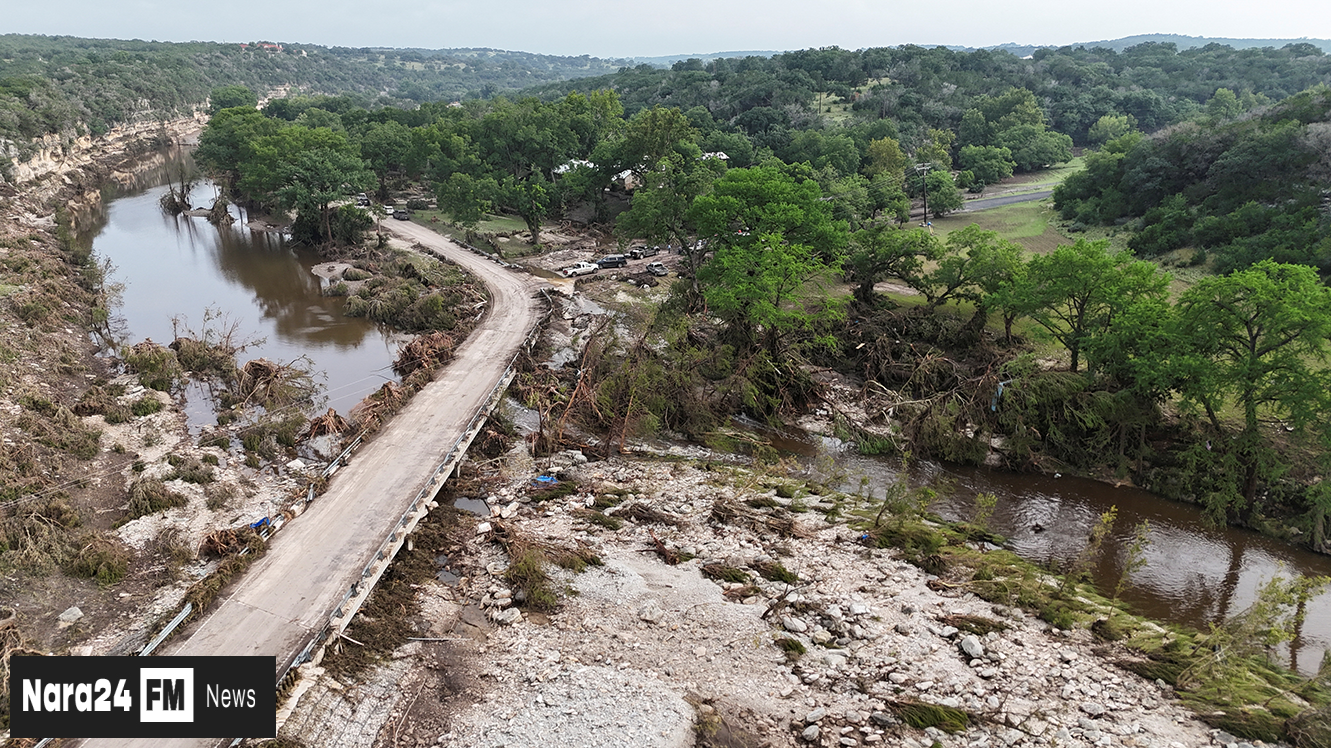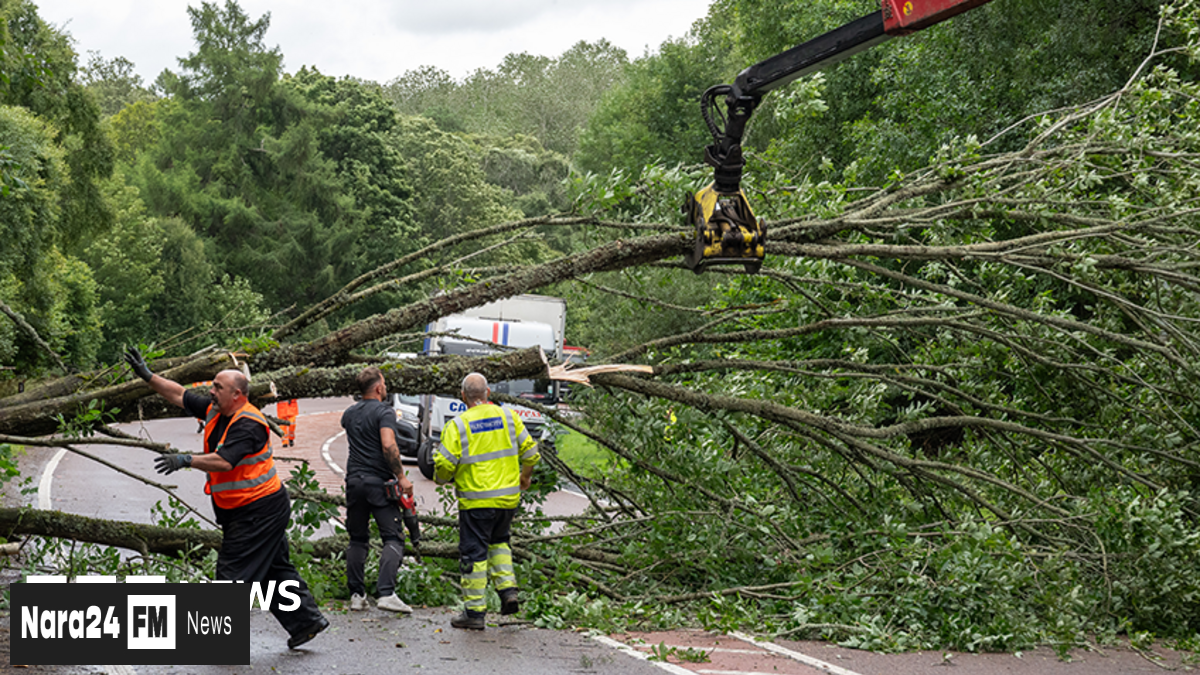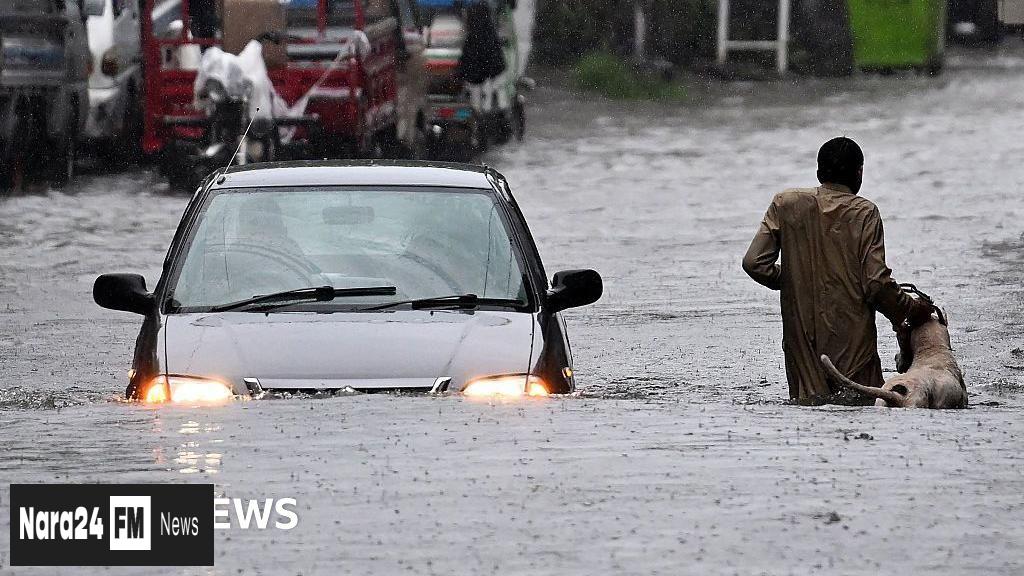In This Article
- Unprecedented Texas Flooding
- Affected Areas and Evacuations
- Impact on Austin and the Colorado River
- Infrastructure Damage and Power Outages
- Link to Climate Change
- Emergency Response and Relief Efforts
- Safety Measures and Warnings
- Future Implications and Climate Change Mitigation
Key Takeaways
- Over 20 counties in Texas have been affected by unprecedented flooding, forcing thousands to evacuate their homes.
- The Colorado River in Austin, Texas has reached record-breaking levels due to the flooding.
- Governor Greg Abbott has declared a state of disaster in several counties affected by the flooding, releasing emergency funds for relief efforts.
- The flooding is linked by some experts to climate change, as warmer temperatures can lead to increased evaporation and heavier rainfall events.
- The Texas Department of Public Safety is urging residents to avoid driving through flooded roadways due to hidden debris and swift currents.
Texas, a state known for its vast plains and arid climate, has been hit by a sudden surge of unprecedented rainfall in recent weeks, leading to widespread flooding that has left several communities submerged underwater.
The relentless rainfall, which began in late February, has caused rivers and creeks to overflow, inundating homes, businesses, and farmlands. According to the latest reports, over 20 counties have been affected, with thousands of residents forced to evacuate their homes due to the rising floodwaters.
The city of Austin, the state capital, has been particularly hard hit. The Colorado River, which runs through the city, has reached record-breaking levels, leading to widespread flooding in downtown Austin and surrounding areas.
The flooding has led to significant damage to infrastructure, with several roads and bridges closed due to flooding, and power outages affecting thousands of homes. In addition, many homes have been damaged or destroyed, leaving residents displaced and in need of assistance.
While the exact cause of the heavy rainfall is still under investigation, some experts are linking the extreme weather event to climate change. Warmer temperatures can lead to increased evaporation, creating more moisture in the air and increasing the likelihood of heavy rainfall events.
Governor Greg Abbott has declared a state of disaster in several counties affected by the flooding, freeing up emergency funds to help with the relief efforts. The Federal Emergency Management Agency (FEMA) has also been deployed to assist with the response to the flooding.
The Texas Department of Public Safety is urging residents to stay safe and avoid driving through flooded roadways, as the floodwaters can hide dangerous debris and swift currents that can easily sweep vehicles away.
The flooding in Texas is a stark reminder of the devastating impact that extreme weather events can have on communities. As the climate continues to change, it is crucial that we take actions to mitigate the risks and protect ourselves from the increasing frequency of such events.
For updates on the flooding in Texas, please visit the BBC News website.








Comments (0)
Leave a Comment
Be the first to comment on this article!